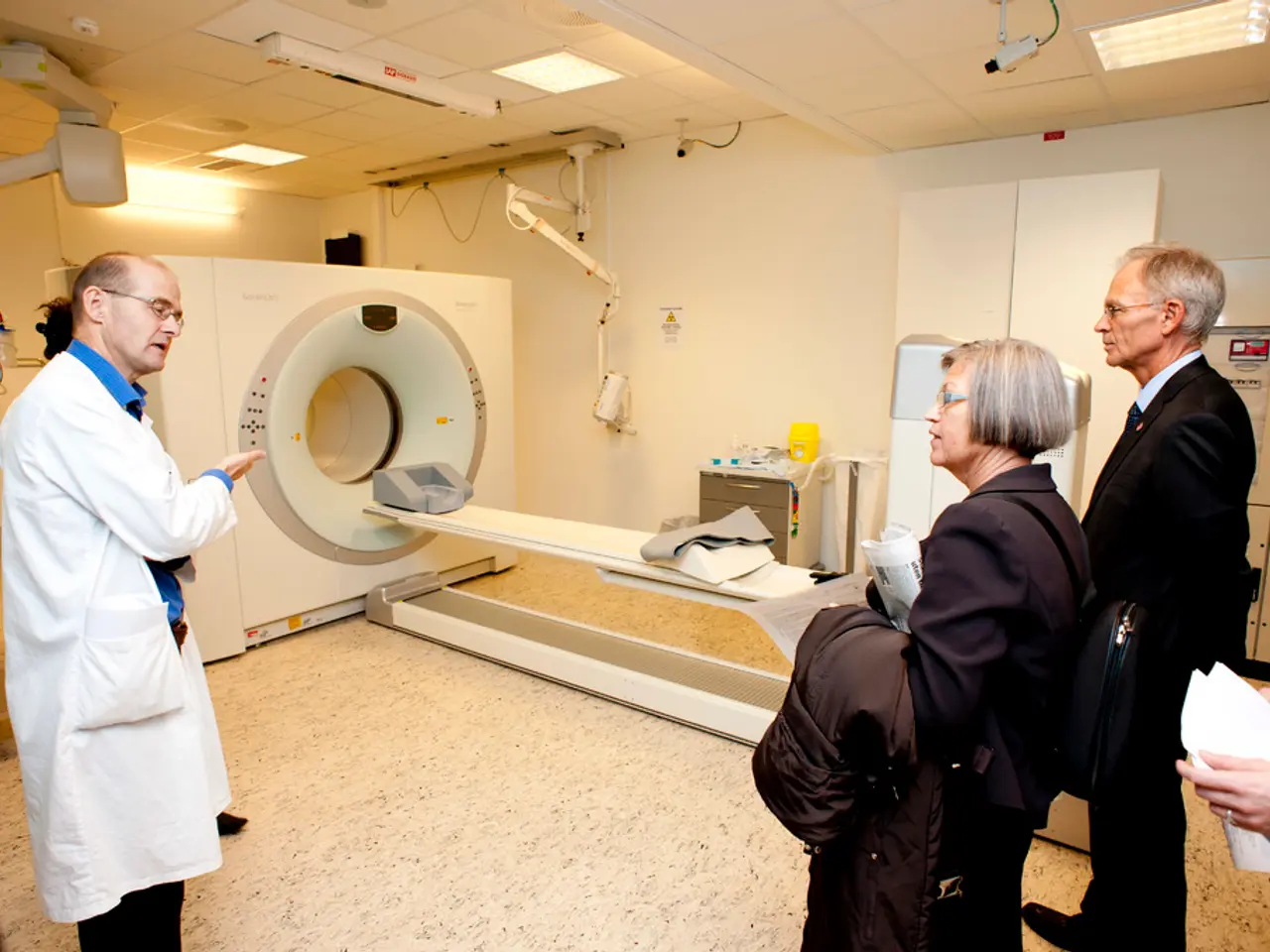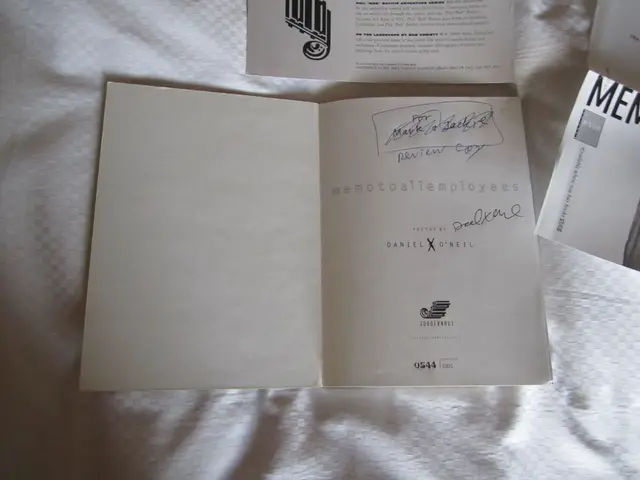UK's MHRA and Department for Education incorporate medication safety education within school curriculum to bolster young people's power in this area
The Medicines and Healthcare products Regulatory Agency (MHRA), responsible for regulating all medicines and medical devices in the UK, has announced a significant step forward in its mission to protect public health. In line with World Patient Safety Day (17 September), the MHRA has incorporated medicine safety education into the Relationships, Sex and Health Education (RSHE) curriculum in England.
This move equips children and young people with a lifetime medicine safety skill, empowering them to actively participate in ensuring safer healthcare for all. The curriculum changes include a link to the Yellow Card scheme, a UK system for reporting suspected side effects to medicines, medical devices, and other healthcare products, managed by the MHRA.
Children and young people are now encouraged to report side effects from medicines, not just as potential patients but as active participants in public safety. The curriculum includes a child-friendly guide, tested with over 3,500 children and young people, which explains reporting in simple, clear terms.
Zubir Ahmed, the Patient Safety Minister, commented, "This government is helping the children of today to be part of the healthiest generation ever." Lawrence Tallon, MHRA Chief Executive, added, "This marks a new era in public health, equipping young people with knowledge about medicine safety."
The Royal College of Paediatrics and Child Health (RCPCH) and Neonatal and Paediatric Pharmacy Group (NPPG) Joint Medicines Committee support this initiative, reflecting the call for stronger measures to protect children from preventable harm. The inclusion of Yellow Card content in the curriculum is part of broader initiatives around safeguarding, personal wellbeing, and digital literacy in the healthcare context.
The content covers what a side effect is, why it's important to report problems with medicines, how to submit a Yellow Card report, and who the MHRA are and their role in public safety. The changes aim to give children and young people the tools to recognize and report side effects from medicines, putting patient safety into the hands of the next generation.
The updated RSHE guidance, including the Yellow Card scheme content, can be accessed via the Department for Education website. This milestone underscores the MHRA's commitment to protecting public health and ensuring a safer future for all.
Read also:
- Early Onset Puberty: Its Definition, Triggers, Risks, and Managing Strategies
- "Satanic Worship Owns the Spotlight in America: QAnon Spurring Modern Day Satanic Panic"
- Critics Among Influencers: Championing 'Natural' Birth Control Methods. Essential Information Explained
- Fundamentals Exploration: A Journey into the Basics of Magnetism's Workings








